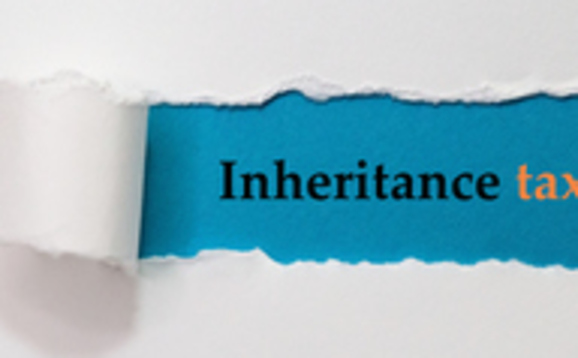The UK government netted £5.3bn from inheritance tax (IHT) between April and December 2022, which was £0.7bn higher than in the same period a year earlier, latest official statistics show.
Figures from HM Revenue & Customs (HMRC) showed frozen thresholds were catching more estates in the IHT net.
Canada Life technical director Andrew Tully said: "The latest IHT receipts suggest we are on a trajectory for a record-breaking year, with the frozen thresholds catching more estates in a wider tax take. IHT is no longer an issue for the wealthy only, but with effective financial planning much can be done to minimise the impact of IHT on estates, including the use of trusts and gifting.
"Financial advisers will be helping clients navigate the complexities of IHT by discussing estate planning solutions with clients and their wider families. By engaging early, good planning can help to reduce or mitigate IHT so it's essential anyone who thinks IHT may be an issue should seek expert advice."
Just Group added that with three months of this year's IHT still to be collected and reported, the 2022/23 haul looks "comfortably on course to beat last year's total of £6.1bn - and set yet another record for receipts".
Group communications director Stephen Lowe said: "The Treasury looks set to collect a record amount of cash from inheritance tax this financial year and forecasts predict nearly £8bn a year will be raised from the levy by 2027/28.
"The combination of the freeze on the nil-rate band and rising property prices continues to funnel more inheritance tax into government coffers, especially in regions where house prices are far higher than the rest of the country.
"Substantially more estates pay inheritance tax in London and the South East and a recent Just Group FOI found that the property accounted for 50% of the wealth in London estates paying IHT compared to 32% for the rest of the UK."
He added: "Further significant house price rises through the pandemic are likely to have tipped many more estates over the threshold, perhaps without the homeowners even realising. It is yet another reminder for people of the importance of regularly assessing the value of their estate which includes getting an up-to-date valuation of any owned property.
"Professional, regulated advice can also help people work out the total value of their estate, calculate how much tax they may be likely to owe and understand what options they have to manage that tax bill."
Quilter tax and financial planning expert Shaun Moore commented: "Runaway house prices and stagnant thresholds mean more people are dying with property wealth over the various inheritance tax allowances.
"Although house prices are expected to drop over the next year, recent data from Halifax revealed that over the past 40 years house prices have gone up a staggering +974% since early 1983.
"This means that many people have seen their properties go up enormously in value and while they might not consider themselves wealthy, they will end up paying inheritance tax which is typically viewed as a tax for the very affluent.
"Where possible, you should seek professional financial advice to help mitigate IHT costs through careful planning - particularly for the more complex areas such as the Residence Nil Rate Band which is not freely available and has restrictions on how and when it can be used."





